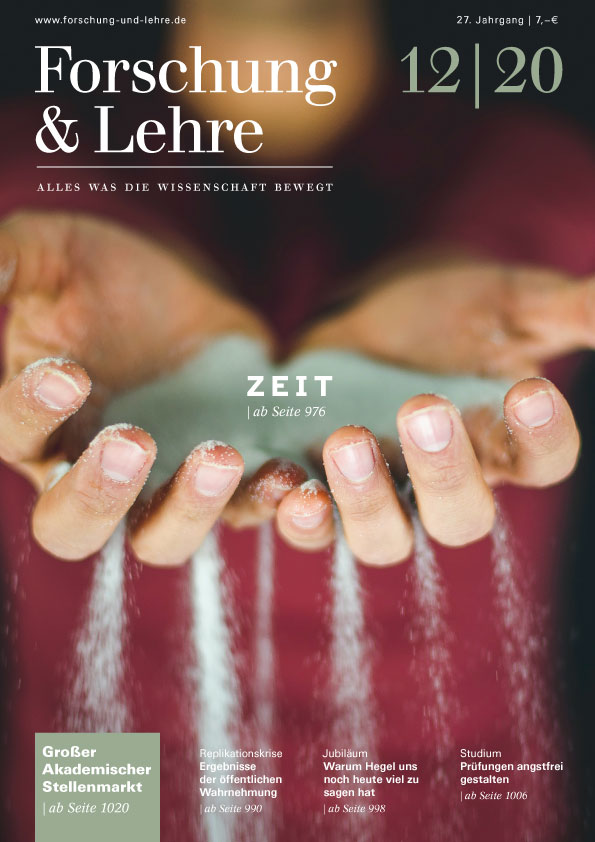
The aim of this paper is to sketch an approach for integrating the historiography of the sciences and of philosophy. More precisely, the paper suggests a method for investigating interactions within transdisciplinary constellations of researchers working in philosophy and in the exact sciences. I start off by introducing specific notions of analogy, variation, and conceptual space which provide the main ingredients of this method. The notion of a conceptual space, as well as other characteristics of the present approach, are adaptations from so-called constellation research. Originally, constellation research was developed for the historiography of philosophy – especially in the context of the origins of German idealism. However, as I will argue in the second half of the paper, it is adaptable to the historiography of science, especially of the exact sciences. To support this claim and to illustrate the integrative power of the present approach, I will (i) compare the notions of a constellation and a conceptual space with Ludwik Fleck’s notions of a »thought collective« and a »style of thought«, (ii) critically evaluate the distinction between contexts of discovery and of justification in a historiographical context, and (iii) relate the notions of analogy and variation, as introduced in the first part of the paper, to current debates about what is sometimes called »invariantism« in the philosophy of science.
Forschung & Lehre 20(12): 976-978.